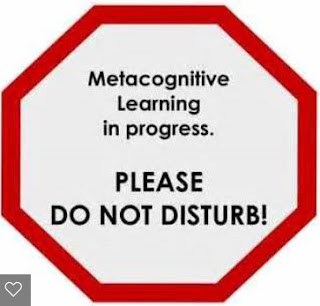
I had such an interesting conversation today where I least expected it, demonstrating to me yet again that if you are open to a theme you will start to see it more frequently, reinforcing learning. I was dropping my daughter off at the beautiful stables where she is lucky enough to ride every school holiday. We got into a discussion about pace of life and how easy it is to get sucked into the belief that work needs to take priority over everything. I see all too often people who spend lots of money on consumer goods, in order to validate and demonstrate their success, in turn then needing to continue to earn at the same level in order to maintain the consumerism and this perception of wealth and having done well. Of course the reality is that no amount of designer shirts and fast cars will plug the gap of someone who is there for you to laugh with you, love you, care for you and catch you when you fall, regardless of what you are in work. No amount of success in work will replace the bedtimes you didn't kiss your kids goodnight, the stories you didn't read, the little but important daily conversations you didn't have.
Now I'm no angel - there are plenty of times where I don't make it home for my kids bedtime, but on balance I I'm confident enough in myself and the value I bring to know where to draw the line. I'm happy to be late back once a week, I'll tolerate the occasional week where it's twice, but unless I'm actually away I won't let it drift to 3 times. More happily for me I don't feel the need to constantly look a certain way - I'm smart for work but outside of work you take me as I am - sometimes smart but mostly just comfortable. I don't care if my hair is perfect and I almost never wear make up out of work. My kids (both girls) know that beauty comes from within, what counts is how you act not how you look. It's all about balance, but that's easier said than done sometimes, and balance is a habit which like every good intention, takes commitment to achieve in the long term.
One of the points I made today (to 2 lovely ladies who have made that really difficult decision to step off the merry go-round and survived, nay prospered) is that the problem with working in any senior position is that it can easily become an addiction. You do well, you get promoted, you get paid more you feel important, wanted, needed. While you can argue men and women may get addicted to different elements of it, for both there's an adrenalin rush that comes with success which is difficult to ignore. Like any chemical rush, once you've felt it you want more - after all, a little bit of a good thing is what makes us get out of bed in the morning. Of course there is a dark side and sadly for many work gets out of control and becomes the slave master. Unfortunately it's too often only the shock of something going wrong - ill health, divorce, redundancy or worse that calls time on this and allows enough clarity to see that perhaps it wasn't all good. One of the ladies I was talking to illustrated this point perfectly when she told me of all the plans she and her husband had made for his retirement, only for him to fall ill and die within a 9 month period. All those plans dashed, all those times where they promised each other 'we'll do that when we retire', only for him to be taken so tragically from her. She shared the 3 principles she has now adopted:
- To not be sad for ever more
- To give herself permission to be happy
- To say yes to every new opportunity
It's really, really hard to see when you are stuck in this trap. Getting enough clarity to be able to properly look at the circle you are in is tough - that's why it often takes a shock for it to happen. What's even scarier then is making the decision to do something about it. My experience of talking to people who've taken that step - who've faced their fears and made such a change is this:
- The world didn't stop
- They and their families may be cash poorer but they so much richer in love and experience
- They are happier and healthier
So what's your balance - is it right? Do you know what will matter when you look back in years to come - do you make the right calls? I ask myself this a lot - you can't always live only for today, but equally you shouldn't live only for tomorrow.


